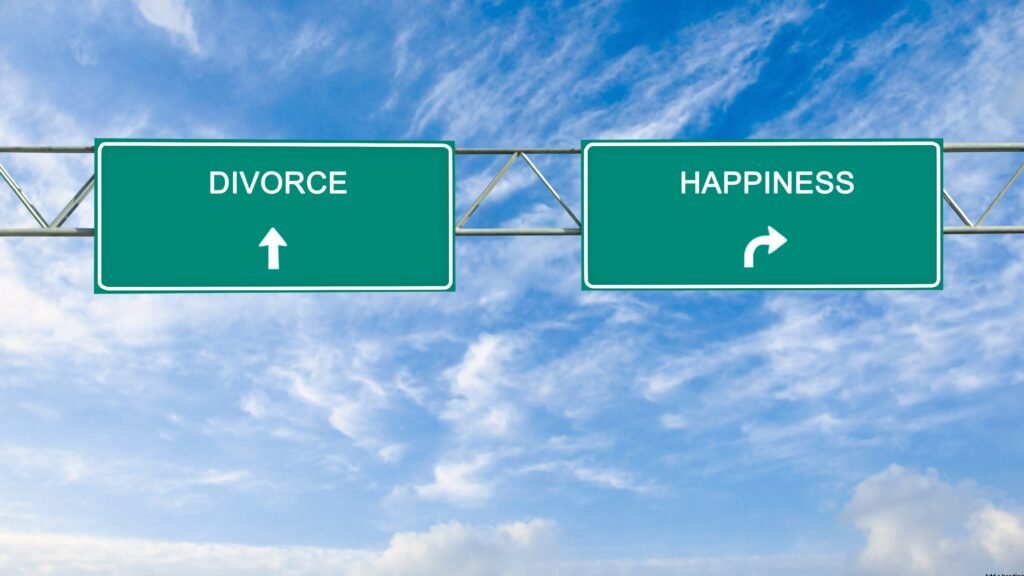California Family Court Judges may order a Child Custody Evaluation, called a 730 Evaluation in certain situations. Typically 730 Evaluations are ordered to look into the mental health and parenting practices of one or both of the parents. While it’s the Judge that orders the Evaluation in California Family Law Courts, either party in a Dissolution or Child Custody case may request a 730 Evaluation by agreement.
A 730 Evaluation is sometimes called a mini-evaluation as it focuses on a single issue. This means the 730 Evaluation is less extensive and may only cover one particular issue. A “Mini-Evaluation” may also be ordered to help speed things up, since a thorough evaluation can take some time.
When the best interest of the child is in question, it is likely that a California Judge, or a Judge in any state for that matter, would request a 730 Evaluation. Custody and visitation orders are often based on the findings of these evaluations, which could be ordered for a number of reasons, including; concerns about child abuse; Substance abuse; mental health issues; one parent wishes to move out of state and the other parent objects; questionable parenting practices; the parents are unable to agree on the custodial arrangement; or there is a question about the child’s upbringing.
Once completed, the evaluator will release a report to all parties involved, including the court. If both parties accept the report, then it is submitted into evidence. If there are disagreements, then either party can rebut the findings, which would allow then to bring the evaluator in to examine the evaluator, bringing to light the shortcomings of the evaluation.
If you are a father in Orange, Riverside, or San Bernardino Counties, or Greater Southern California, call “The Fathers Rights Attorney” at 951-482-7517 and put the Reel Fathers Rights on your team.



